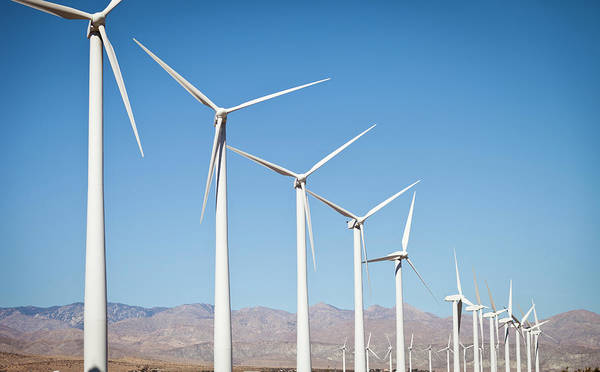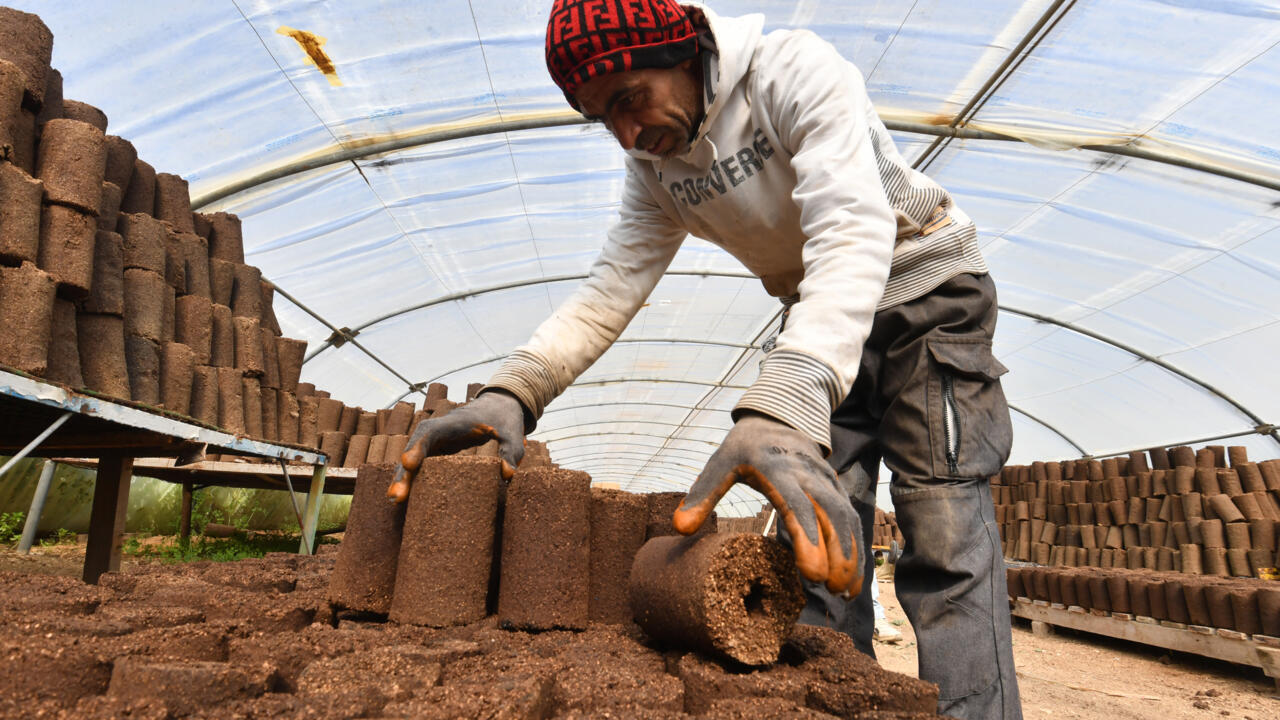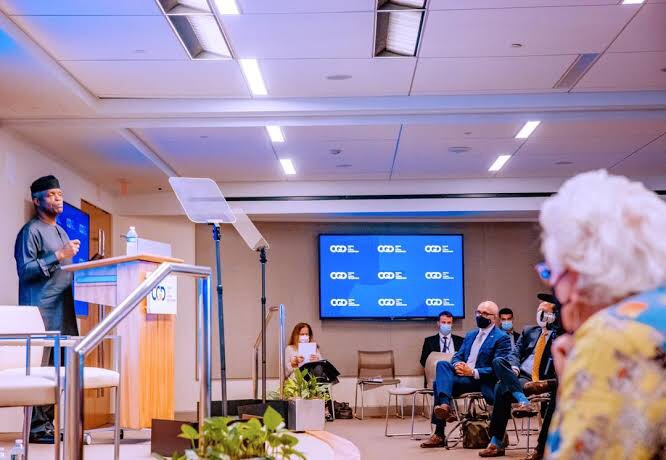Morocco and France’s Normandy Region have reaffirmed their shared commitment to energy transition and sustainable development in a major boost for green energy diplomacy.
The meeting, held on Wednesday in Rabat, brought together Morocco’s Minister of Energy Transition Leila Benali and Normandy’s President Hervé Morin, French officials, and energy experts to explore joint action in renewables, green hydrogen, and nuclear energy education.
Morocco-Normandy talks focus on green hydrogen and smart grids
During the high-level meeting in Rabat, Moroccan and Normandy officials outlined a roadmap for deeper cooperation in renewable energy, green hydrogen, and clean technology education. Discussions centred on enhancing smart energy grid systems to manage electricity distribution and consumption better while advancing energy efficiency strategies critical for a low-carbon future.
Another key area was scientific research and capacity-building in civilian nuclear energy and engineering, with both sides exploring academic partnerships between Moroccan and French universities. Minister Leila Benali reiterated Morocco’s long-term strategy for sustainable development under the leadership of King Mohammed VI, as Hervé Morin emphasized Normandy’s readiness to collaborate as a leading region in clean tech and nuclear expertise.
Power link project cements Morocco-France strategic energy partnership
Beyond regional cooperation, Morocco and France are moving forward with a strategic power link project to connect their energy networks across continents. During a separate virtual meeting, Minister Benali reviewed progress with French energy leaders, highlighting the importance of data exchange systems and institutional collaboration to keep the project on track.
This cross-border electricity project, backed by RTE (Réseau de Transport d’Électricité) in France and ONEE (Office National de l’Électricité et de l’Eau Potable) and MASEN (Moroccan Agency for Sustainable Energy) in Morocco, is designed to enhance energy security, promote system integration, and accelerate the transition to low-carbon electricity.
Officials confirmed that this initiative is part of the broader energy cooperation agreement signed on October 28, 2024, in the presence of King Mohammed VI and President Emmanuel Macron. The deal involved €10 billion in joint projects covering energy, infrastructure, and innovation, including high-speed rail agreements to expand Morocco’s transport network.
Shared vision for green hydrogen and clean tech leadership
As both countries pursue deeper ties, the cooperation extends to green hydrogen development, energy storage, and clean tech innovation. The partnership includes deals with TotalEnergies, Safran and a decarbonisation memorandum between Morocco’s OCP and France’s AFD. These steps align with Morocco and France’s ambition to become regional powerhouses in energy transition.
With academic and scientific collaboration also on the table, Morocco and France are laying the groundwork for long-term cooperation that spans research, education, and technology. Together, they aim to model how countries can partner for a cleaner, more connected, and resilient energy future.




